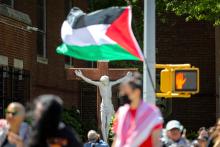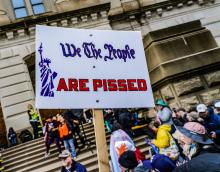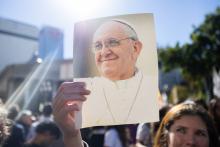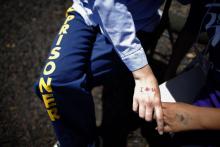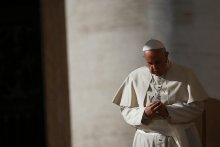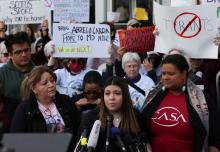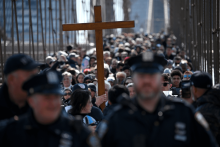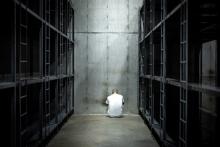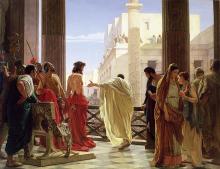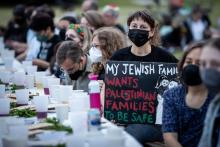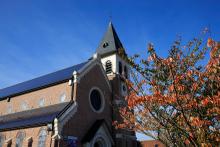The New Testament Gospels say so. The Nicene Creed, one of Christianity’s key statements of faith, says Jesus “was crucified under Pontius Pilate.” The testimony of Paul, the first person whose preaching in the name of Jesus Christ is preserved in the New Testament, refers to the crucifixion.
But over the past 2,000 years, it was common for some Christians to deem Pilate almost blameless for Jesus’ death and treat Jews as responsible – a belief that has shaped the global history of antisemitism.

